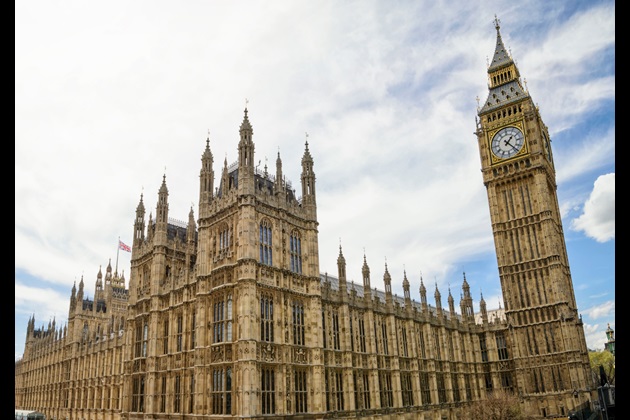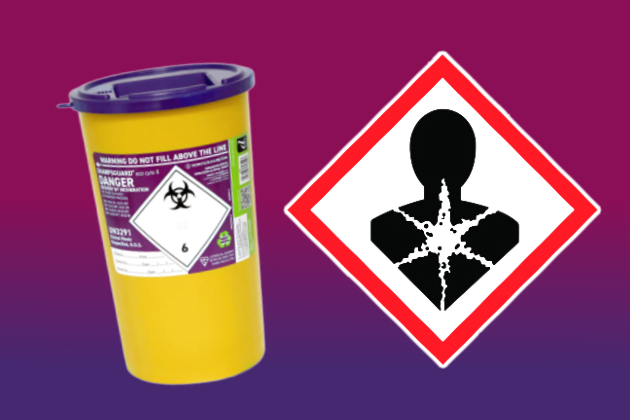With four local MPs attending a recent branch meeting, RCN branch communications officer Nikki Williams shares her advice on how to build relationships with politicians
Nursing has featured strongly in political debate surrounding the UK’s response to COVID-19, with the profession rightly seen as key in battling the virus.
But as the pandemic eases, can nursing staff remain centre stage? How can active members ensure politicians continue to hear their concerns and persuade them to take action to support RCN campaigns?
Emergency nurse Nikki Williams is a member of the RCN’s Outer North West London branch. In late July, a regular branch meeting took on greater significance when four local MPs accepted invitations to attend.
“They wanted to hear about what issues we faced and what it’s like nursing in London,” says Nikki.
The virtual meeting was a hit with members, with one of the best turnouts the branch has known. So, when it comes to forging links between branches and politicians, what’s the key to success and what’s Nikki’s advice on using branch meetings to politically influence?

For Nikki, the personal touch is key. “I’ve been in contact with my local MP for years now,” says Nikki.
“That used to be former Liberal Democrat leader Sir Vince Cable. Before he stood down, he put me in touch with his replacement, Munira Wilson, and we’ve been talking throughout the pandemic. She was keen to know how everyone in the area is doing.”
While Nikki invited Ms Wilson to the meeting, branch officials asked three other MPs from the area to join in and all were willing.
Nikki says it helps to be assertive when you want to get politicians onside. “I think you just need to be bold and email them directly or go and see them in their surgeries if you’re allowed. They’re usually really open and receptive to their constituents.”

Nikki says getting support from your RCN region is useful: “We asked the RCN London office to help and the team set up the meeting for us on Microsoft Teams. We also used their communications team to help get in touch with some of the MPs.”
John Considine, communications manager for the London region, says regional support can give a real boost to branches keen to attract elected representatives. But the branch meeting was successful because it was member led. “It was very authentic and very constructive,” he says.
You need to be bold and email them directly or go and see them in their surgeries if you’re allowed

Begin with an agenda, Nikki advises, but be flexible. “We had a discussion pre-meeting to decide what we would talk about, and we sent out the member briefing on pay the day before so we would all be on the same page.
“The plan was to share experiences and then to get the MPs to do a Q&A. We were aiming for 30 to 45 minutes but in the end it went on for longer. The MPs were generous with their time and the members were very respectful of them.”

As the branch’s communications officer, it fell to Nikki to promote the meeting on social media. It was a successful strategy with about 40 people joining in online. Nikki’s regional team was also able to support by emailing members about the event and promoting it through the RCN’s social media channels to maximise attendance.

With the COVID-19 pandemic, many RCN branches are already holding meetings virtually using Microsoft Teams. Is this the way forward for branches? “It may be,” says Nikki. “I think it’s a good way to encourage more people who haven’t been to a branch meeting before to get involved. I would definitely be able to attend more meetings if they were virtual.”
Nikki also points out that a virtual meeting may make it easier for politicians to attend because less time and planning is involved for them.

Nikki has an ongoing dialogue with her MP but for other members, it’s important to build on the relationship after any initial meeting with a local politician. Besides COVID-19, there’s plenty to talk about. Pay, safe staffing, winter pressures, workload – these are all areas where political influence is possible.
Many politicians are keen to portray themselves as nursing champions, says John. “By attending an RCN branch meeting, they’ve created an open door for us to go back to them about issues that will bubble up again and again.”
'Make it constructive'
John offers this advice on how branches can work with their local region to involve politicians in meetings.
- Develop the relationship. Email your elected representative, make contact and be very clear about what the offer is – in the case of branch meetings, they’re a great opportunity for politicians to hear from frontline workers in their constituency. That’s the pitch when you’re making contact: think about what benefit there is for your elected representative to attend. Remember, you’re the expert on your own experiences and sharing your experience with your elected representative is valuable.
- Make it constructive. Don’t allow the meeting to become simply a forum for airing grievances. Have clear “asks” you would like your elected representative to act on after the meeting – for example, tabling a parliamentary question, shadowing an RCN member for a day, attending another branch meeting.
- Keep going. You may hit a brick wall with some elected representatives who just don’t appear interested. That doesn’t mean you should give up. You just have to work harder to persuade them. Perhaps find a local constituent and go together to their surgery. Try that route instead.
- Sweep up. Be sure to write and thank them for attending and confirm any agreed actions. And use social media to showcase the meeting to highlight what you’ve achieved and publicly thank your elected representative for joining. It’s a quick and easy win.
- Remember, the RCN is not party political. We’ll work with any party willing to support nursing and nursing issues.
Find out who your elected representative is
Elected representatives, such as MPs, MSPs, AMs and MLAs, have a responsibility to listen to their constituents’ views and you can contact them directly about issues you feel are important.
- Find out who your MP is (England).
- Find out who your MLA is (Northern Ireland).
- Find out who your MSP is (Scotland).
- Find out who your AM is (Wales).
Get involved
RCN branches are holding their Annual General Meetings (AGMs) throughout September and October. Attending your branch's AGM is a great way to get involved with the RCN at a local level, and this year they're being held online so it's even easier to attend. For more information, visit our events page and filter the listings by your region.








